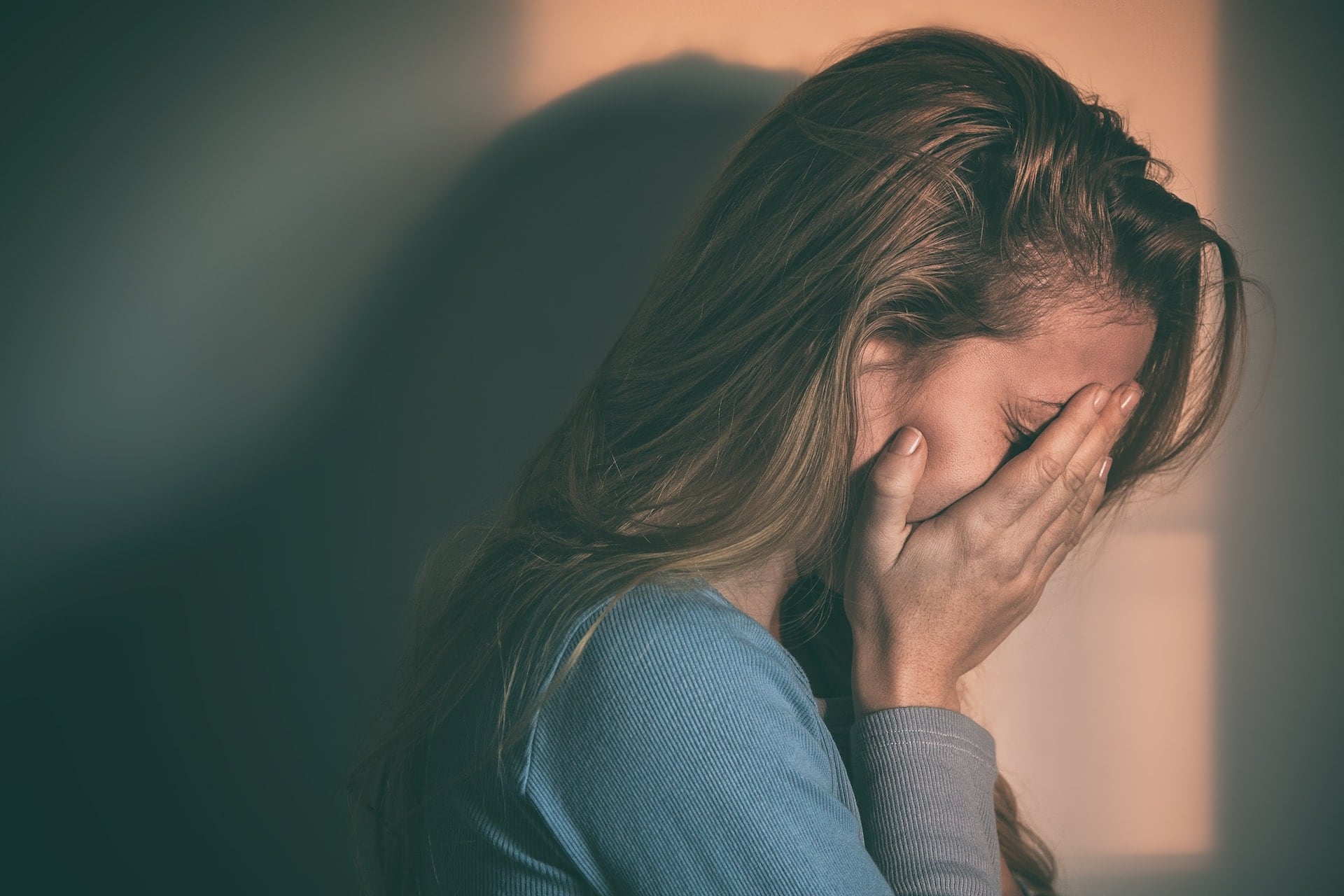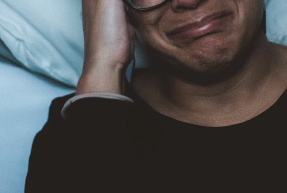Showing closest practices to
No location selected
Practices within 5km
Practices within 10km
Practices within 20km
15 min drive
45 min drive
1.5 hr drive
Not found in your area
Bella Vista
Q Central Building, Suite 208A, 10 Norbrik Drive
Bella Vista NSW 2153
T:(02) 8820 0717
View details
Bella Vista NSW 2153
Psychologists North Ryde | Associated Counsellors
Suite 9, 3 Julius Avenue
North Ryde NSW 2113
T:(02) 8004 9966
View details
North Ryde NSW 2113

































